

Tao Te Ching
Tao Te Ching
Chapter 46Enough
Chapter 46
When wisdom rules,
Horses manure fields instead of roads.
When the world lacks wisdom,
War horses are raised on the commons.
The greatest evil: always wanting more.
The biggest mistake: always chasing desires.
The cruelest curse: always getting what we want.
Only when we know what is enough
Will we always have enough.
To know enough’s enough
Is enough to know.
Commentary
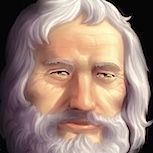
“There is in the worst of fortune the best of chances for a happy change.”
Comments: Click to comment
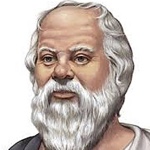
“If you don't get what you want, you suffer; if you get what you don't want, you suffer; even when you get exactly what you want, you still suffer because you can't hold on to it forever.”
Comments: Click to comment

“He who is not contented with what he has, would not be contented with what he would like to have.”
Comments: Click to comment
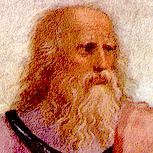
“The greatest wealth is to live content with little.”
Comments: Click to comment
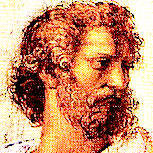
“If things do not turn out as we wish, we should wish for them as they turn out.”
Comments: Click to comment
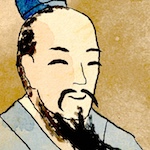
“The wise of old thought nothing about loving life or hating death... They accepted what was given with delight and when it was gone, gave it no more thought.”
Comments: Click to comment

“There are 3 dangers in the world: To have many privileges but few virtues… To be high in rank but low on ability… To receive a large salary without personally accomplishing much… So ‘people may gain by loss and may lose by gain.”
Comments: Click to comment

“Every desire degrades us, and renders us slaves of what we desire... If it's freedom you seek, then wish nothing and shun nothing that depends on others, or you will always be a helpless slave.”
Comments: Click to comment
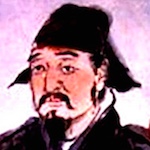
“When the Tao is present, contentment reigns. People don’t seek external things but cultivate themselves instead.”
Comments: Click to comment
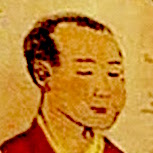
“People scorn the poor who have no wealth. They also criticize the rich who have it. What pleasure can derive from keeping company with people such as these, so difficult to please?”
Comments: Click to comment
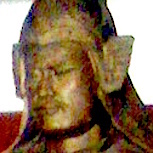
“When the ruler possesses the Tao, soldiers become farmers. When the ruler does not possess the Tao, farmers become soldiers.”
Comments: Click to comment

“I am more afraid of people terrified of the devil than I am of the devil himself.”
Comments: Click to comment

“He who fears he shall suffer, already suffers what he fears.”
Comments: Click to comment

“… any man's death diminishes me, because I am involved in mankind, and therefore never send to know for whom the bells tolls; it tolls for thee.”
Comments: Click to comment
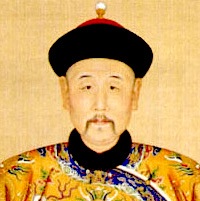
“As Lao-tzu says: ‘Know your limits and you’ll suffer no disgrace, know when to stop and you’ll be in no danger.’ Let no man take too much.”
Comments: Click to comment

“The comfort of the rich depends upon an abundant supply of the poor.”
Comments: Click to comment
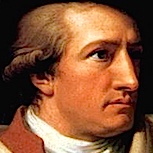
“Must it ever be thus-that the source of our happiness must also be the fountain of our misery?”
Comments: Click to comment

“You never know what is enough unless you know what is more than enough.”
Comments: Click to comment
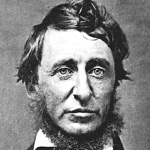
“A man is rich in proportion to the number of things which he can afford to let alone.”
Comments: Click to comment
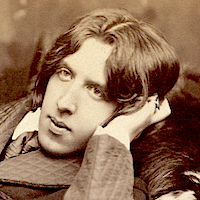
“In this world there are only two tragedies. One is not getting what one wants and the other is getting it”
Comments: Click to comment
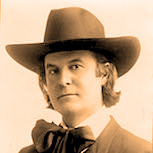
“It is easy to get everything you want, provided you first learn to do without the things you cannot get.”
Comments: Click to comment

“When you get a thing the way you want it, leave it alone.”
Comments: Click to comment
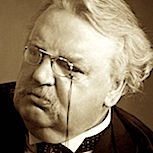
“Among the rich you will never find a really generous man even by accident… they are egotistic, secretive, dry as old bones. To be smart enough to get all that money you must be dull enough to want it.”
Comments: Click to comment

“All things we possess are taken from others, and others in their turn await with outstretched hands to seize them.”
Comments: Click to comment

“There are no roots of heaven in pleasure, there are only roots of indifference and pain.”
Comments: Click to comment

“The only truly affluent are those who do not want more than they have.”
Comments: Click to comment

“Every American wants MORE MORE of the world… But the mistake made in America is persons accumulate more more dead matter… at the expense of what really counts… You own twice as much rug if you're twice as aware of the rug.”
Comments: Click to comment

“What could be more superstitious than the idea that money brings forth food?”
Comments: Click to comment
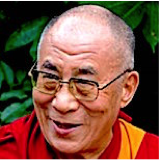
“Remember that sometimes not getting what you want is a wonderful stroke of luck.”
Comments: Click to comment
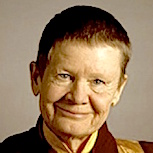
“Relaxing with the present moment, relaxing with hopelessness, relaxing with death, not resisting the fact that things end, that things pass, that things have no lasting substance, that everything is changing all the time—that is the basic message.”
Comments: Click to comment
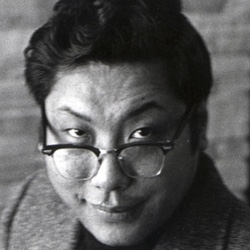
“the warrior’s journey is based on resting in the state of warriorship rather than struggling to take the next step.. which is not based on ego-centered concerns but on resting in unconditional confidence, free from aggression.”
Comments: Click to comment
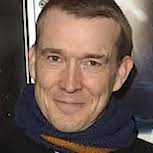
“A wealthy upbringing compounds stupidity while a hardscrabble childhood dilutes it.”
Comments: Click to comment



Comments (2)